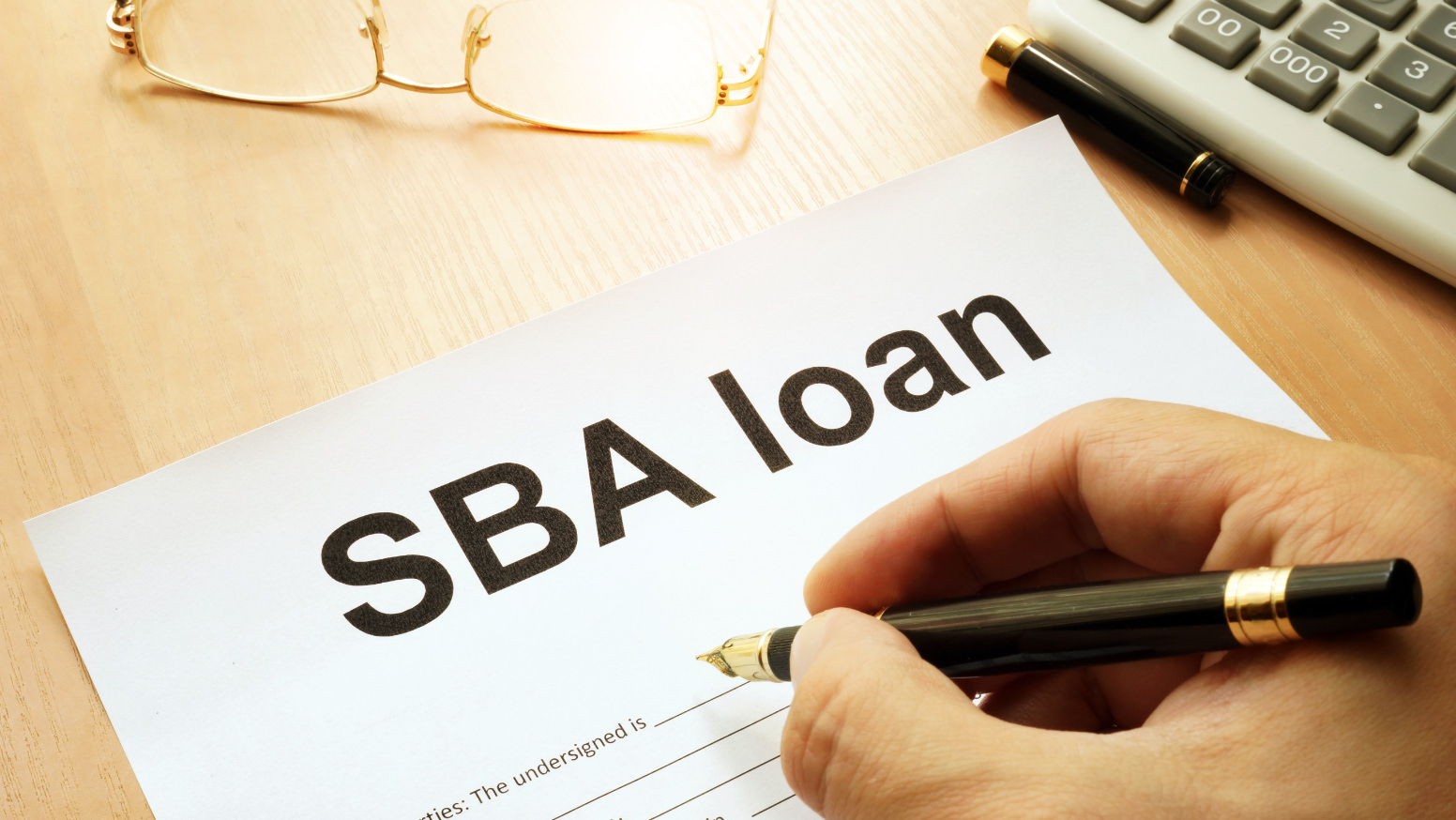Owing the federal government a debt can be a frightening experience. Once your defaulted SBA loan makes it was to the Treasury, it is likely that you will soon be contacted by one of the collection agencies that handles the collection of government debts. The calls and the letters can be intimidating, but more dangerous can be the entreaty to simply setup a payment plan to pay an amount you can afford. While this is not always a bad idea, it is important to understand the risks. A collection agency may threaten wage garnishment, a remedy that is allowed under federal law, even if your state’s law would ordinarily bar it. However, if you simply make voluntary payments you need not worry about the trauma and embarrassment of administrative wage garnishment. This sounds appealing and perhaps even a reasonable bargain, but is it?
If your SBA debt is very old, it may be that the SBA and Treasury no longer have the right to file a lawsuit against you. This concept is called a limitations period or statute of limitations and this limits the time a creditor has to file a lawsuit against you. However, if you are in a state where your homestead equity is not completely protected, a lawsuit might result in a judgment against you. With a judgment in hand, the government could, in fact, quite possibly force the liquidation your home. Even though you did not pledge your home as collateral for the SBA loan, the judgment may give them the power to take what they otherwise could not reach. Fortunately, the SBA has only 6 years to file suit (how to measure this is something to discuss with your attorney). But, if you make a voluntary payment to the government, even if this period has expired, it is possible that you will revive the statute of limitations. If you do so, you may open yourself up to a lawsuit where previously none was possible.
When the government’s collection agency says only pay what you can afford, the price for peace of mind may end up costing you far more than you can afford. If you receive a notice or collection letter purporting to be collecting on a defaulted SBA loan, contact your attorney before making any admissions or payments to the collection agency. Have your attorney explain the ramifications of entering into the payment plan and be sure it is in your best interests to do so. Payment plans are not always a bad idea, but forewarned is forearmed.

